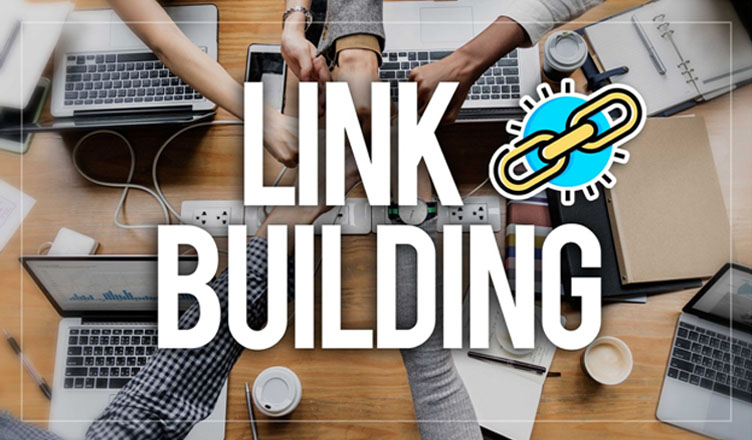Techssocial | For more than 2 decades now, backlinks have been a central signal search engines use when determining the ranking pages appear in search engine results pages (SERPs). SEOs invest a sizable part of their time and resources in executing a link building strategy. Link building is certainly vital for SEO. Nevertheless, how effective your backlinks are will depend on your approach to the entire process.
As with any industry, numerous myths have taken root in the link building world. A surprising number of rookie and established SEOs still swear by them. If your link building is to be successful, you would do well to steer clear of these myths. Here’s a look at some of the most common ones.
- Anchor Text Doesn’t Matter
A backlink serves two main purposes. First, readers can click on it if they want to go to the target page for more details. Second, and important for SEO, they are a signal search engine algorithms use to establish the credibility and authority of a web page. But if you want a link to seem naturally placed in the content it’s in, you won’t use a naked URL. Instead, you’ll have hyperlinked anchor text the reader will click through.
In the past, SEOs would use a brand name or a specific target keyword phrase as the anchor text for all their backlinks. That may have worked then but those days are long gone. Now Google considers such practices spammy and somewhat black hat. Your site could be penalized as a result. It’s hard to manually come up with a sufficiently diverse yet relevant set of anchor texts to deploy. So tap into tools such as Linkio that help streamline and significantly automate the process.
- The More the Guest Posts the Better Your SEO
This myth is hinged on the premise that volume rules. An SEO would look for as many guest posting opportunities as possible so they can accelerate the number of backlinks to their web pages. This is unlikely to deliver the desired result for one simple reason—backlinks aren’t created equal.
A single backlink from a Forbes.com guest post is more valuable for SEO than hundreds of backlinks from a new, nondescript, relatively unknown website. Of course, guest posting opportunities on huge sites like Forbes.com draw intense competition. So whereas you want quality, you may have to tone down your ambitions especially at the beginning.
It’s more realistic to pursue guest posts on mid-level and niche websites. They may not have the ultra-high Domain Authority (DA) of mega websites but they provide a substantial degree of impact to get your pages moving up the SERPs. You can use an outreach link building service that has already done the legwork to find sites with decent DA where you can guest post.
- Great Content Will Automatically Attract Backlinks
Each year, businesses large and small spend hundreds, thousands, or millions of dollars on marketing. That includes entities like Coca-Cola that one would expect are already deeply embedded in modern culture worldwide. Why do they do it? Because even if you have the very best product in the market, that won’t translate to prospective customers rushing to buy forever.
Likewise, for the stellar content on your web page to really do the work, you have to go out there and let people know it exists. It’s not just about doing guest posts linking to the page but also leveraging PPC ads, your social media profiles, and press releases. If you have a great thing going, let the world know about it if you want it to get the momentum needed to draw more organic linking.
As you grow your knowledge of the dos and don’ts of SEO and link building, keep an eye on the myths that could lead you astray from your objective.
Sagar is HR at techssocial.net. He has been writing last 3 years on different blogging sites. He has also helped small businesses to gain their ranking.
